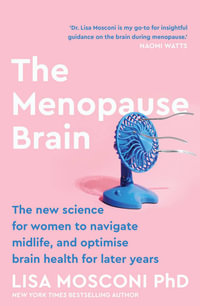Need surgery? You better travel.
Globalization produces a lot of odd results around the world. One of them is that Hungary has become the dentistry capital of Europe: thanks to aggressive marketing campaigns and heavy government support, more people go there for dental care than to any other country in Europe. The towns of Mosonmagyar³v¡r and Sopron boast the highest concentrations of dental clinics in the world.
The story of how Hungary became Europe''s dental chair is a case study in the booming practice of medical tourism. It is a rapidly growing business, as patients go in search of lower prices, and some countries have found economic opportunity in turning health care into a global trade. An American with insurance can expect to pay $90,000 for a heart bypass in the U.S., but only $12,000 if he or she travels to Thailand.
The question is whether medical tourism represents the future of health care, which traditionally has been a core responsibility of national governments. Sasha Issenberg''s acclaimed books, The Sushi Economy and The Victory Lab, were early in identifying changes in the way the world works. A brilliant journalist with a keen eye for significant trends, he now turns his talents to medical tourism, and gives us a funny, vivid, wise narrative that will change the way you think about health care.
Industry Reviews
"Revealing and timely new book ... The story of Hungary's dental trade is but one small glimpse into a growing, profitable, and highly problematic industry--one that is now spreading throughout the globe. ... A notable strength of this book is Issenberg's keen and thorough shoe-leather reporting as he brings us through the hospitals of Eastern Europe ... There is something very unjust about a nation providing privatized health services for an international market while at the same time failing to provide universal health care for its own citizens." --Adam Gaffney, The New Republic "Hungary's post-communist elite, led by a flamboyant, well-connected oral surgeon, has developed a sector of skilled dentists. By charging bargain prices, they have created an internationally marketable product. The national government even includes a Medical Tourism Office. ... The story of how Hungary became 'Europe's dental chair' is a big part of a small, sharp new book ... It reads like a magazine article--fast, entertaining and occasionally funny." -- The Washington Post "Issenberg takes a look at the practice and its ramifications for the way people around the world receive health care. He examines examples ranging from a Hungarian dentist who has built an empire out of treating travelers, to heart surgery on the cheap in Thailand, to a backlash against foreign patients in Israel." --The Huffington Post "A strength of this book is Issenberg's keen and thorough on the ground reporting from clinics and hospitals in Eastern Europe. His focus is less on the medical tourists themselves, and much more on their providers and host nations." -- International Medical Travel Journal "Accessible, on-the-ground reporting of an increasingly commonplace phenomenon with serious implications for the future of health care." - Kirkus Reviews

























